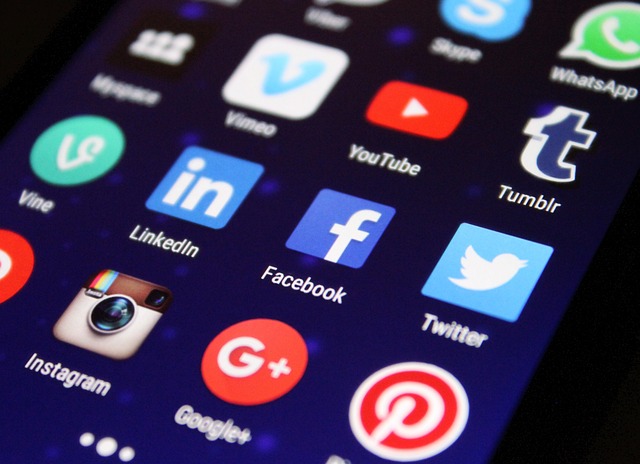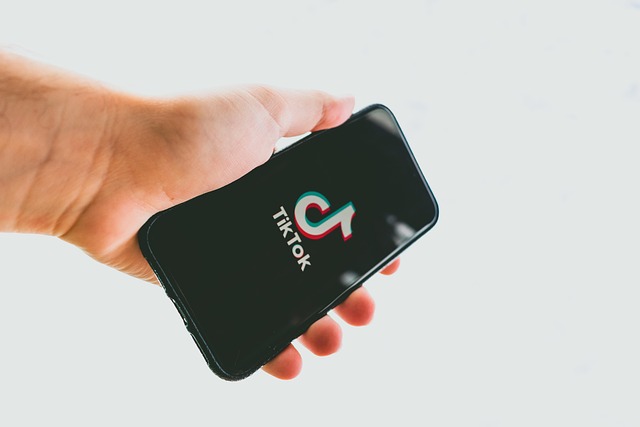The rapid rise of digital platforms has reshaped how people connect, communicate, and maintain relationships. While friendships once depended primarily on face‑to‑face interactions, today a substantial portion of social bonding unfolds through screens. This shift invites a complex set of outcomes—some enhancing friendship networks, others introducing new strains. Understanding the effects of social media on friendships in modern relationships requires looking beyond the surface of likes and shares to the deeper rhythms of human connection.
Expanding the Social Circle
One of the most celebrated advantages of social media is its capacity to broaden personal networks. Users can discover communities that align with niche interests, connect with classmates from distant schools, or reconnect with old acquaintances after years of separation. The result is a richer tapestry of friendships that might otherwise remain out of reach. However, this expansion comes with its own set of challenges.
- Increased exposure to diverse viewpoints can foster empathy and cultural literacy.
- Online communities provide emotional support during times when physical proximity is limited.
Depth versus Breadth
While the network grows, the depth of individual relationships can become diluted. Digital interactions often prioritize speed and convenience, which may reduce the time spent on thoughtful conversation. As a result, friendships that begin online may remain at a superficial level unless nurtured through intentional dialogue.
“Quantity does not guarantee quality; the challenge is to translate virtual familiarity into genuine intimacy.”
The Echo Chamber Effect
Algorithms designed to surface content that users are likely to engage with can create echo chambers. Friends who follow similar interests or share the same ideological leanings may find their discussions increasingly homogeneous. When the same narratives are amplified, the space for dissenting opinions can shrink, limiting the growth of nuanced understanding between friends.
- Repeated exposure to aligned content reinforces existing beliefs.
- Reduced engagement with opposing views may breed misunderstandings or frustration.
Emotional Consequences
The comparison culture that thrives on social media platforms can affect self‑esteem. Users often showcase curated highlights of their lives, creating an unrealistic benchmark. Friends may feel compelled to match these displays, leading to anxiety or a sense of inadequacy. The effects of social media on friendships can thus manifest as both support and subtle pressure.
Research indicates that frequent scrolling correlates with higher levels of envy and lower overall life satisfaction. When friends react with judgment or envy, the foundation of trust can erode, causing friction that would not exist in more balanced interpersonal exchanges.
Managing Online Expectations
Clear communication about the nature of online interactions is essential. Setting realistic expectations—such as understanding that a delayed reply is not a personal slight—can mitigate misinterpretations. Friends should also be mindful of how they portray themselves online, recognizing that authenticity often outweighs the desire to impress.
Maintaining Balance in Modern Relationships
For couples navigating shared friendships, social media adds an additional layer to consider. One partner may spend hours curating a profile, while the other prefers more private interactions. In such cases, mutual respect for each other’s digital habits becomes a cornerstone of relationship health.
Open dialogue about boundaries—like agreeing on what constitutes an acceptable response time or how often to share group photos—helps avoid feelings of neglect or jealousy.
Practical Tips for Healthy Friendship Dynamics
- Schedule regular in‑person or voice/video catch‑ups to deepen connections.
- Limit exposure to passive scrolling by setting time caps on feeds.
- Curate your friend list thoughtfully; unfollow accounts that consistently trigger negative emotions.
- Share experiences offline—attend events, go on walks, or cook together—to create tangible memories.
- Use privacy settings to control who can view sensitive posts, protecting the integrity of friendships.
Looking Ahead
The landscape of social media is continually evolving, with new platforms, features, and algorithms reshaping how we interact. The net effect on friendships will depend largely on how users choose to engage. By prioritizing intentional communication, setting healthy boundaries, and maintaining a focus on authenticity, people can harness the benefits of digital connectivity while safeguarding the depth and trust that define lasting friendships.
Influence on Romantic Relationships
For many couples, friendships extend beyond the two‑person bubble, encompassing a shared social network that operates largely online. Social media can strengthen a partnership when partners jointly engage in mutual friend circles, but it can also generate conflict when one partner feels eclipsed by a friend’s online presence. The invisible line between a supportive friend and a potential threat is often blurred by public posts, likes, and comments that may be perceived as flirtation. Navigating these dynamics requires clear, honest dialogue and a shared understanding of what constitutes acceptable interaction with external friends.
Self‑Identity and Friendships
The online persona people cultivate can diverge significantly from their offline self. When friends encounter this discrepancy, trust may erode, leading to feelings of deception. At the same time, the platform offers an avenue for experimenting with identity—trying new styles, opinions, or hobbies before committing in person. The key is transparency: letting friends know that online experiments are part of growth, not a cover for dishonesty. In this way, social media can enhance authenticity rather than undermine it, provided users approach the space with self‑reflection and honesty.
Cultural Variations
Social media usage patterns differ widely across cultures, influencing how friendships are formed and maintained. In collectivist societies, group cohesion often takes precedence, and online interactions may serve to reinforce communal norms and responsibilities. Conversely, in individualistic contexts, social platforms may prioritize personal branding and self‑expression, leading to friendships that value novelty and personal achievement over shared history. These cultural lenses shape expectations around communication frequency, emotional disclosure, and the perceived importance of maintaining a digital presence.
Future Trends and Research
Emerging technologies such as augmented reality, AI‑driven content curation, and decentralized social networks promise to reshape how friendships unfold online. Researchers are increasingly focused on the psychological impact of persistent surveillance, algorithmic bias, and the erosion of privacy. Early studies suggest that mindful engagement—setting intentional goals for online interactions—can mitigate negative effects and amplify the supportive aspects of digital communities. Continued interdisciplinary inquiry will be essential to guide policy, platform design, and individual behavior toward healthier friendship ecosystems.
Practical Exercises for Strengthening Digital Friendships
To turn abstract principles into actionable habits, couples can adopt simple routines. Begin by designating a weekly “friendship hour” where both partners check each other’s posts and comment thoughtfully. Follow up with a short “digital debrief” to discuss any new content that sparked emotion or curiosity. Additionally, set a monthly “offline meet‑up” with a friend who shares a common interest. These structured practices not only reinforce mutual accountability but also create tangible memories that anchor the online connection in real life.




